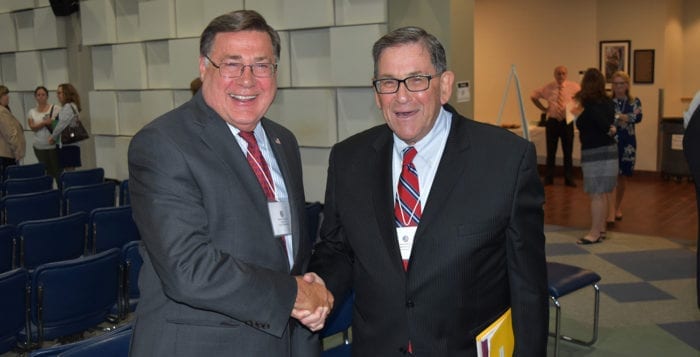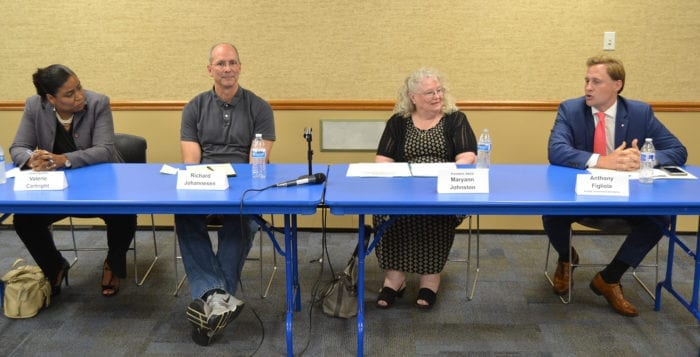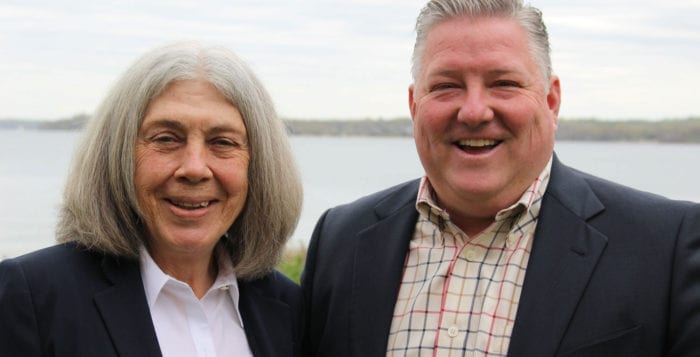Election Day may be over, but the work has just begun.
Political races are not just about the outcomes. Consistent engagement is needed to make actual change once campaigning is over. The momentum we have seen from our community needs to be kept up by members of both political parties, regardless of the 2018 midterm results.
Political engagement starts with voting, but continues with having conversations with elected officials, attending meetings and keeping an eye on meeting agendas. Let the officials know where you stand on critical issues and how you want them to vote while in office to continue to receive your support. Make a call, send an email or set an appointment to meet your state assemblymember, congressional representative or town councilperson at his or her office. Don’t be afraid to ask questions and let your officials know what’s on your mind.
Another key part of civic engagement is having conversations with the people you encounter in everyday life, whether you agree with them or not, and even joining civic associations.
There is no denying that there has been an air of growing divisiveness during the last few years in our country. Conversations across the aisle are needed more than ever.
Those discussions aren’t happening amid disagreements about gun control, health care, taxes and more. Conversations quickly become so heated people who were once friends, or at least cordial acquaintances, avoid each other in supermarkets or delete and block each other on social media rather than talking it through.
We encourage you to take the first steps in saying the chasm forming in this country is unacceptable. Painting swastikas on election signs is unacceptable. Comedians joking about a U.S. congressman with an eye patch saying, “I’m sorry, I know he lost his eye in war, or whatever,” is just not appropriate. Openly promoting racism and encouraging violence goes against fundamental human rights and American principles.
With two years left until the next presidential election, and campaigns warming up already, it’s time to radically change the tone of the nation’s political discourse before it’s too late. People from different political parties can meet up, have intelligent conversations and come to an agreement. Or, simply agree to disagree and respect each other. There used to be a baseline acceptance that differing opinions were just that, and not an indication of evil motives.
Not satisfied with election results or your elected representative? Start demanding political party leaders seek candidates who have fresh, new ideas supported by concrete plans and the knowledge, confidence and energy to get things done, but do it constructively and with an open mind.
Neither party should take anything for granted, nor should President Donald Trump (R). After a turbulent first couple of years, there is serious work that needs to be done to unite our country to get it moving forward, indivisible with liberty and justice for all.









